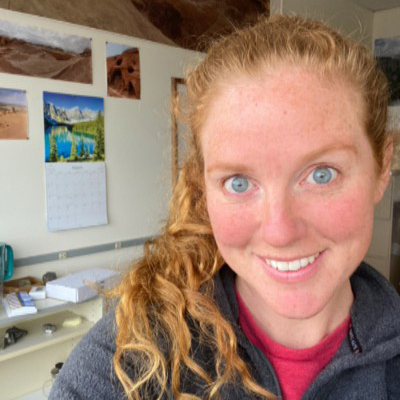
ACADEMIC INTERESTS:
I am primarily interested in constraining the processes that govern the evolution, differentiation and stratification of continental crust through petrographic (studying minerals and whole-rock compositions) and experimental studies of volcanics related to subduction and extension.
My research program leverages high temperature, high pressure experiments, thermodynamics and petrology (the study of mineral and rock chemistry and textures) to understand magmatic processes on Earth (e.g., what igneous processes result in the formation of continents?) and to aid in questions related to applied science, such as understanding the mass transfer of critical minerals into fluids and resource assessment for CO2 sequestration.
ABOUT:
As an outdoor enthusiast and geologist, I enjoy discovering how the combined effects of tectonics and magmatism lead to the production of continents and fabulous landscapes in the US. My research on the origin and evolution of continental crust (silica-rich, buoyant sections of Earth’s crust) incorporates both field and experimental work, with several field sites in the western US, Caribbean and the Aleutians. I currently have an active undergraduate research group examining compositions, the mineral phases, and pre-eruptive conditions (i.e., temperature, pressure, and dissolved volatile contents) of volcanics that erupted from South Sister Volcano, OR.
Looking for Earth Science reading/experiment lesson plans and activities?
Active Projects
Quantifying the effects of glaciation on crustal stress and eruptive patterns at Mt. Waesche, Executive Committee Range, Antarctica (NSF Polar Programs Funded Project)
PhD student Noël Skocko is collecting whole rock and mineral compositions from lavas from Mount Waesche, a volcano in the Executive Committee Range in Antarctica, responds to changing ice-overburden. Results will be incorporated into a geodynamic model of the lithospheric stress field surrounding Mt. Waesche.
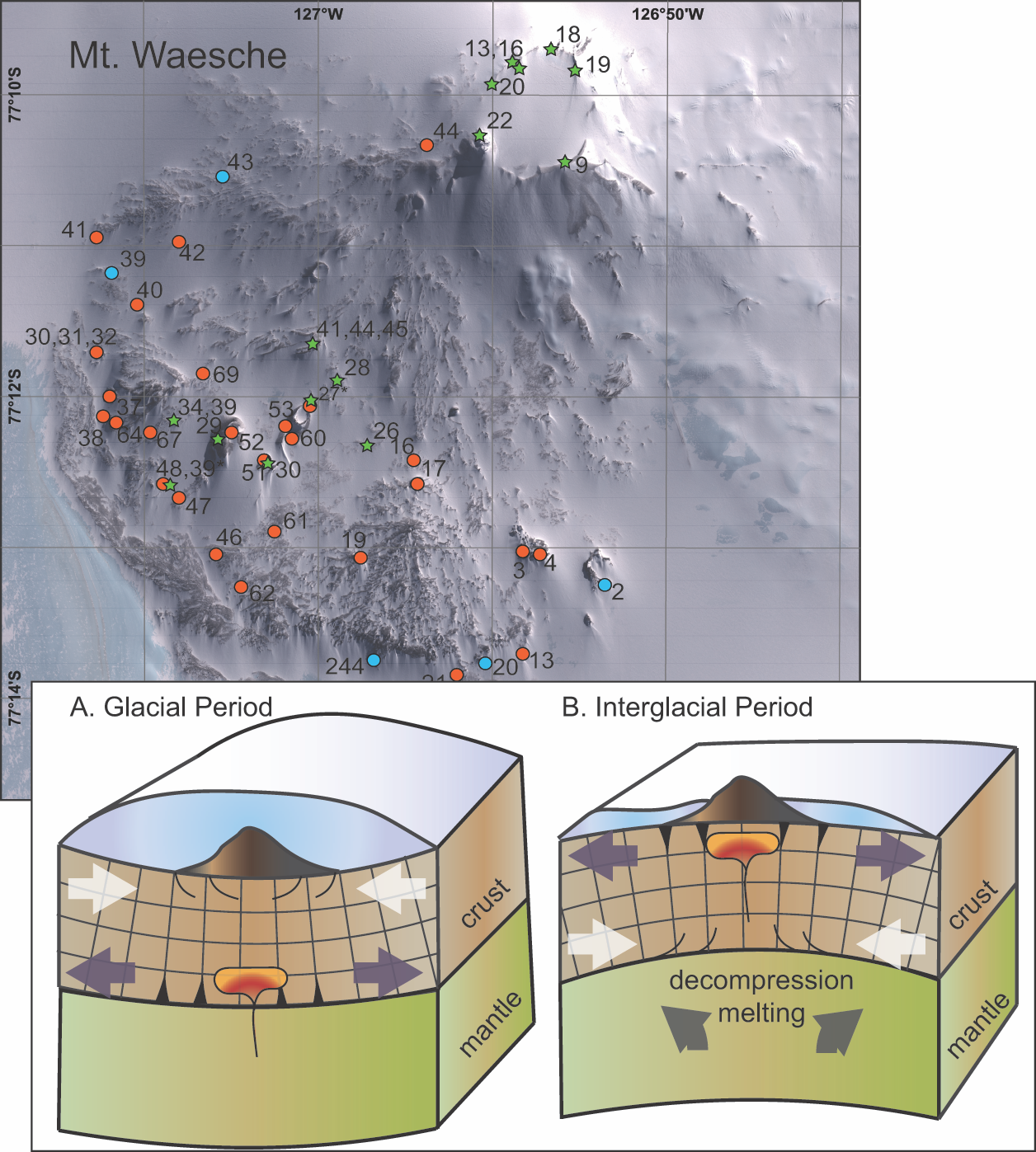
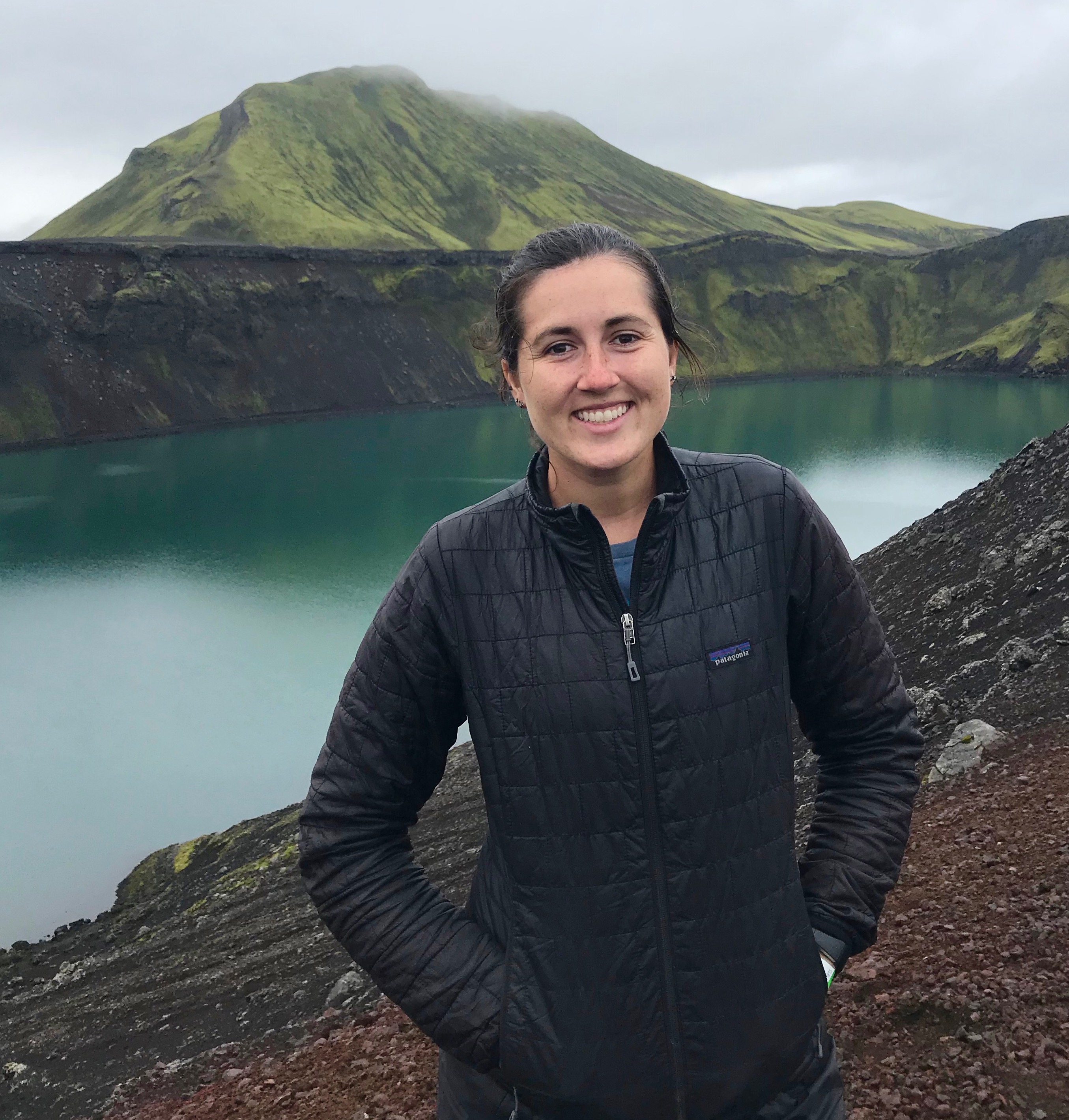
Sanidine Hygrometer
My graduate student, Magdalen (Mags) Grismer and I, are currently conducting experiments that equilibrate sanidine (a K-rich mineral) and a variety of melt compositions to create a suite of experiments that can be used to calibrate a hygrometer. The hygrometer will be able to yield estimates of pre-eruptive H2O contents for a variety of melt compositions based on pre-eruptive temperature, sanidine compositions and melt compositions. These experiments are carried out in the low-pressure apparatus in the west-side of MSEC135. We currently have 18 experiments to add to the calibration. We discovered, much to my chagrin, that peralkaline melts make a single crystalline composition (±5 mol% orthoclase) and our model design will only be applicable to metaluminous and peralumious melts. We hope to release the hygrometer models soon!
Pre-eruptive conditions of Valles Grande Rhyolites, Valles Caldera NM
Magdalen (Mags) Grismer is interested in understanding the origin and formation of silicic melts in resurgent caldera systems. Mags is documenting the petrology and pre-eruptive storage conditions of the domes, experimentally testing those storage conditions, and, finally, addresses the kinetics of sanidine crystallization. We have identified halogen concentrations as signaling infiltration of reduced fluids that have the fundamental potential to change the petrology and major element chemistry of the Valles Magmatic system.
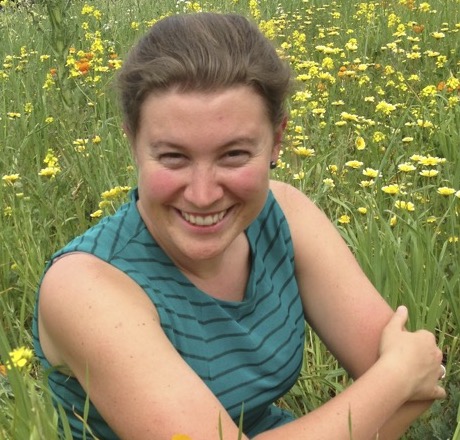
Molecular complexation of rare earth elements (REE) in high temperature and pressure supercritical geologic fluids (DOE Funded Project)
This project aims to generate a comprehensive set of solubility measurements of Rare Earth Element (REE)-bearing phosphates using synthetic REE end-member crystals, which will be equilibrated with a variety of neutral and acidic solutions between 500 – 700°C and pressures of 0.5 to 2 kb, in cold seal pressure vessels. Debarati Banerjee is one of three PHD students, working to understand REE solubility in hydrothermal fluids at high temperature (>500°C). The project is part of a collaborative DOE grant lead by Dr. Alex Gysi and in conjunction with Dr. Nicole Hurtig at NMT. Project work will be collaborative between NMT, Los Alamos and University of Indiana.
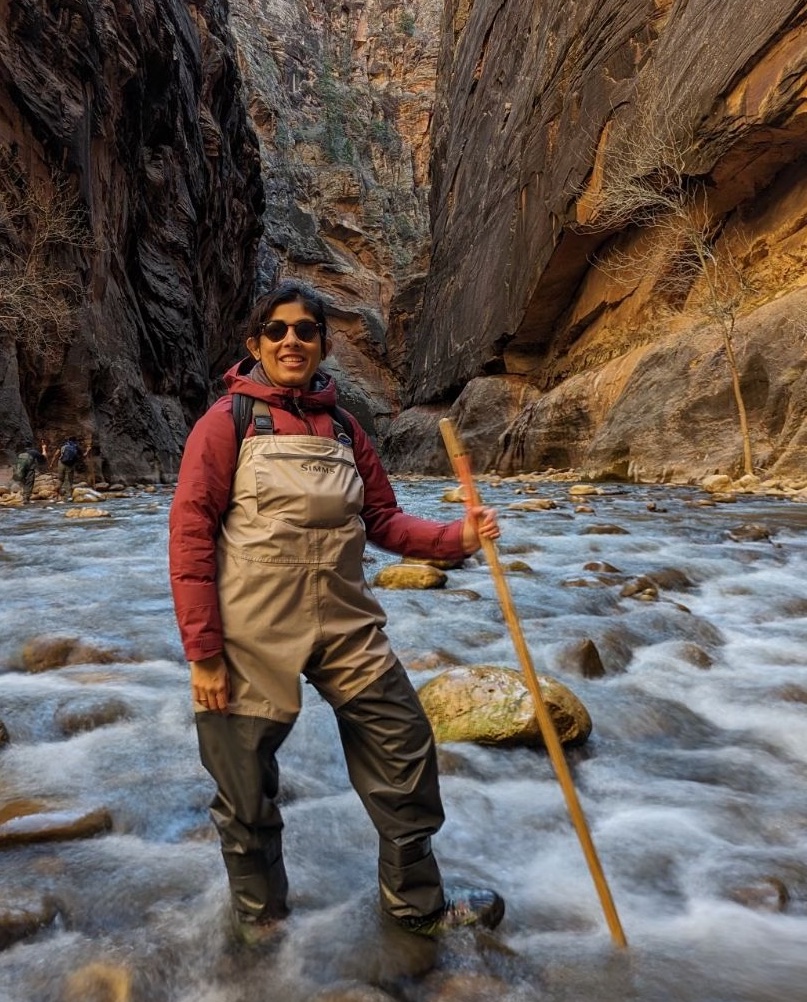
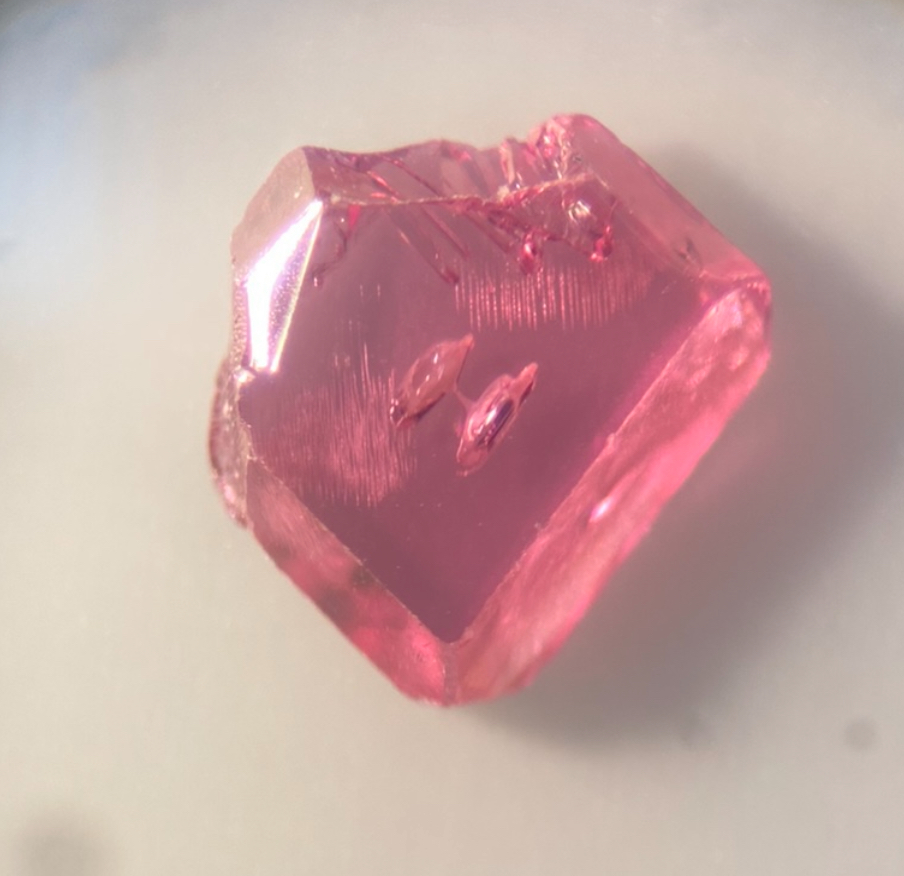
Resource Assessment for CO2 Sequestration in New Mexico

Oscar Scholten is currently completing an MS thesis on basalts as part of a resource assessment for CO2 sequestration project in New Mexico. His project describes the bulk compositions, mineralogy and petrology of basalts from the Taos Plateau Volcanic Field. We plan to use datasets generated by his work to determine mantle source properties and pre-eruptive variables for his samples.
Alumni
Rare Earth Element (REE) Viability of the Cornudas Mountains
My student, Mason Woodard, completed an MS thesis that utilized petrologic methods to determine temperature-pressure conditions of intrusive bodies in the Cornudas Mountains that are associated with REE deposits. The project is in collaboration with Ginger Macklemore and Nels Iverson in the Bureau of Geology. Mason currently works as the Lab Manager for the Scanning Electron Microscope Facility in the Materials Department at NMT.
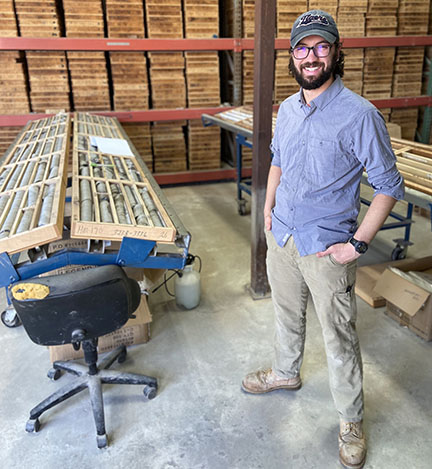
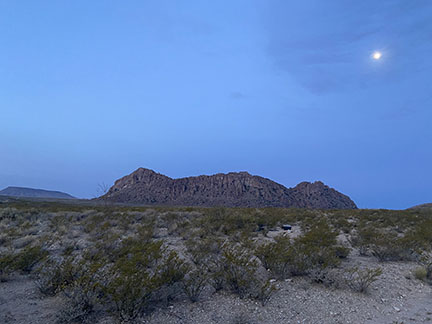
If you are interested in other opportunities related to experimental petrology, geo-thermometry and barometry and petrogenesis in the context of origin of the continents and understanding magmatic transport in storage in Earth’s crust, also send me an email!
APPOINTMENTS & EDUCATION:
2020- present New Mexico Institute of Mining and Technology, Assistant Professor, Dept. of Earth & Environmental Science
2019-2020 Mineralogical Society of America, Distinguished Lecturer
2017-2019 Sonoma State University, Assistant Professor, Dept. of Geology
2017-2018 Keck Geology Consortium Project Director
2015-2017 National Museum of Natural History, Smithsonian Institution, Peter S. Buck Post-Doctoral Fellow
2014 University of Michigan, Post-Doctoral Researcher
2008-2013 University of Michigan, Doctorate of Philosophy in Experimental Geochemistry and Volcanology
2004-2008 Juniata College, Bachelors of Science in Geology
SELECTED PUBLICATIONS & PRESENTATIONS:
Waters, L.E., Cottrell, E., Coombs, M.E., Kelley, K.A. (in review) Generation of Calc-Alkaline Magmas During Crystallization at High Oxygen Fugacity: An Experimental and Petrologic Study of Tephras from Buldir Volcano, Western Aleutian Arc, Alaska, USA
Waters, L.E. and Frey, H.M. (2018) Crystal-poor rhyolites and rhyodacites from Volcán Tepetiltic, Mexico: Evidence for melt formation, crystallization and eruption over short timescales. Journal of Volcanology and Geothermal Research 361, 36-50.
Waters, L.E. and Lange, R. A. (2017) Why aplites freeze and rhyolites erupt: controls on the accumulation and eruption of high-SiO2 (eutectic) melts. Geology 47 (available online).
Waters, L.E. & Andrews, B.J. (2016) The Role of Superheating in the Formation of Glass Mountain Obsidians (Long Valley, CA) inferred through Crystallization of Sanidine. Contributions to Mineralogy and Petrology 171, 79 (1-19).